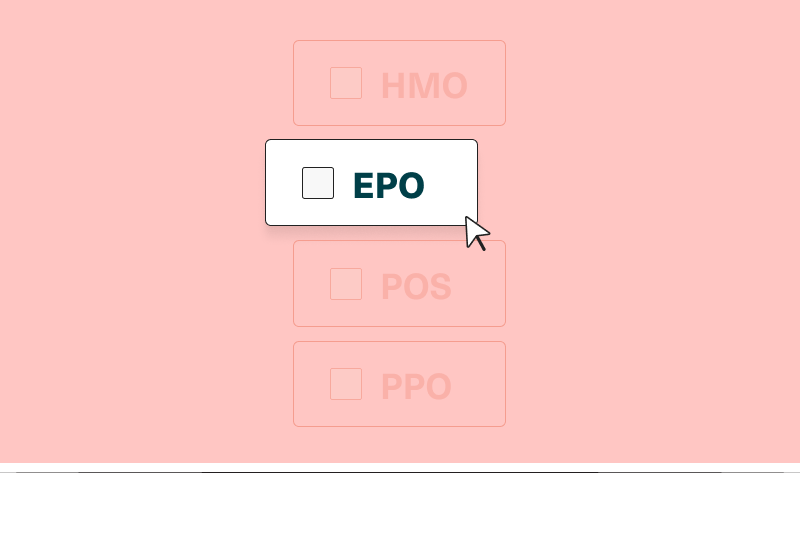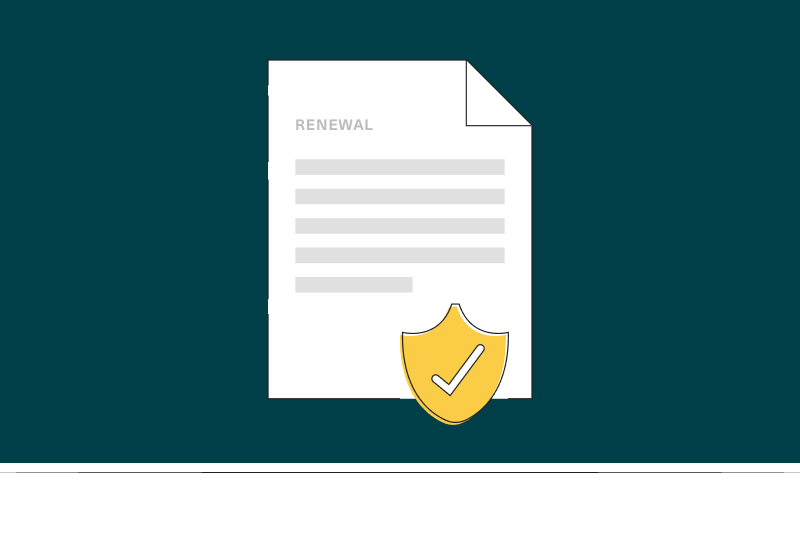HSA for small business: What it is and why it may be a good option

Related: 5 types of group health insurance plans for small businesses
What is an HSA for small businesses?
Considering an HSA plan for your small business? They are popular add-ons to your health plan offerings and can save you and your employees money, but make sure you understand their ins and outs before you sign up.
According to Healthcare.gov, a health savings account, or HSA, is “A type of savings account that lets you set aside money on a pre-tax basis to pay for qualified medical expenses. By using untaxed dollars in a Health Savings Account (HSA) to pay for deductibles, copayments, coinsurance, and some other expenses, you may be able to lower your overall healthcare costs. HSA funds generally may not be used to pay premiums.”
The same portal explains the following criteria:
- Anytime you need to pay for medical expenses, you can use the funds in your HSA.
- If you have a health plan with a high deductible (HDHP) or a health plan that covers only preventive services before you reach your deductible, you may contribute to your HSA.
- As of 2021, an individual must pay a minimum deductible of $1,400, while a family must spend a minimum of $2,800. This remains the same for the 2022 plan year.
- Plan listings indicate whether they are HSA-eligible.
An HSA can help offset health insurance costs, such as copays, deductibles, and premiums. It works like a savings account that you can use to pay for medical expenses, tax-free. In other words, it is a benefit regulated by the IRS that allows you to contribute pre-tax funds to cover some medical costs.
If your company and employees qualify, you may be able to choose an HSA-eligible plan with the best insurance companies. Choosing an HSA for small businesses can be an excellent option to help manage your insurance budget or offer health insurance for your employees for the first time.
Benefits of an HSA for small businesses and their employees
Every healthcare option has its pros and cons. If you are considering insurance options overall, Mayo Clinic advises, “If you’re generally healthy and you want to save for future healthcare expenses, an HSA may be an attractive choice. Or, if you’re near retirement, an HSA may make sense because the money can be used to offset the costs of medical care after retirement.
“On the other hand, if you think you might need expensive medical care in the next year and would find it hard to meet a high deductible, an HSA and high-deductible health plan might not be your best option.”
The same principles may apply to small business employees while considering an HSA. Many small business owners have seen advantages in having an HSA and enrolling in HSA-eligible plans. Let’s review some of the most important benefits below.
Employers and employees can contribute
Anyone can contribute to an HSA, including you, your employees, their relatives, or groups of eligible people. However, the IRS does set certain limits you need to consider with your insurance company.
Your employees’ money is available
If your employees change health insurance plans or jobs, the money in their HSA remains available for qualifying healthcare costs in the future. They can decide how and when to use funds in their HSAs.
A variety of expenses are eligible
Expenses for medical, dental, and mental health services are eligible. Over-the-counter medications and feminine products are also HSA-valid purchases.
Tax benefits
HSA for small businesses offers a series of tax-related benefits both to your company and your employees. Some include:
- Deposits into the account are pre-tax dollars you can deduct from company payroll; therefore, they aren’t taxable and aren’t included in your gross income. State income taxes do not apply to these contributions in most states.
- Usually, employees who contribute after-tax dollars can deduct these deposits from their gross income on their tax returns, resulting in a lower tax bill.
- You or your employees might not be responsible for paying federal or state taxes on funds withdrawn from your HSA, provided the money paid for qualified medical expenses.
Rollover to the next year
An HSA contribution will never expire and will always roll over to the following year.
Easy sign-up process with leading carriers
Your employees can quickly open their HSA if you choose a modern insurance company. They can enroll in an HSA-eligible plan, and you send them an email with information on how to get started with their HSA account.
The HSA provider will then assist them in setting up the account. If they would like to transfer previous contributions, they may need their bank account information and HSA account number handy.
Once they enter all of their information online, they will receive a debit card along with a guide for using their HSA.
What are the downsides of HSAs?
HSAs do have some downsides you should consider. For instance, enrollees must have an HDHP, as mentioned above. Employees who have a high deductible policy face a much higher price tag than those with other more affordable health insurance plans.
Also, not all individuals or families have the same capacity to save a consistent amount of money all the time, which the HSA requires. These accounts additionally involve some taxes, administrative fees, and penalties for withdrawals or maintenance.
Moreover, since they are IRS-regulated, beneficiaries need to keep strict control of their medical expenses and all the receipts in case they face an IRS audit.
Are HSAs good for your company and employees?
As reviewed in this guide, HSAs offer tax benefits and the flexibility of rolling over unspent funds to HDHPs. In some cases, though, these health plans are not always the best choice, particularly if your employees expect to incur large healthcare costs.
In conclusion, you should now provide your employees with health insurance benefits, whether you are a small business owner, human resources manager, or startup founder. Your business will become much more competitive on the job market with a good plan that promotes a supportive culture.
Sana offers comprehensive care, transparent prices, and flexible plans that fit into any budget. For example, with our PPO Plus HSA (H and HD) plans, premiums and deductibles are lower than most of our PPO Plus plans. In most cases, members of Sana’s PPO Plus HSA plans contribute to their HSA.
The plan covers medical costs until the deductible is met. When users meet the deductible, members are responsible for coinsurance or copay amounts until they reach the out-of-pocket maximum. Once this occurs, the plan covers 100% of the expenses.
A PPO Plus HSA plan may be a good choice if the candidates only see doctors occasionally, and they would like to pay less for premiums while paying all of their medical expenses out of pocket with a pre-tax HSA.
Take a look at Sana’s HSA-eligible and other plans, and get a quote to find out for yourself.






